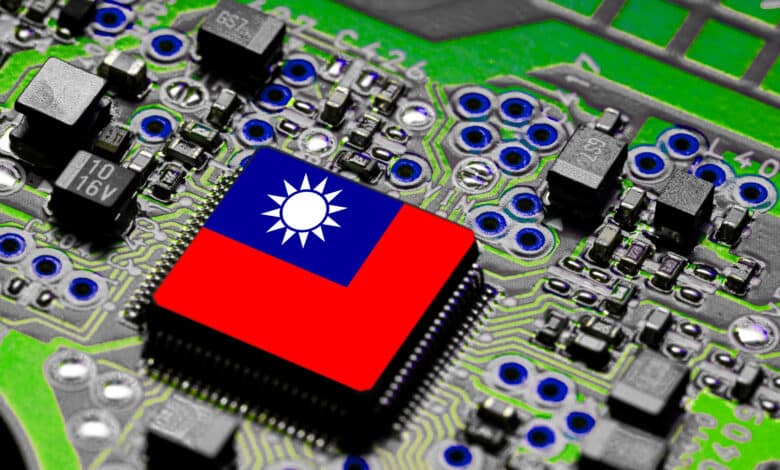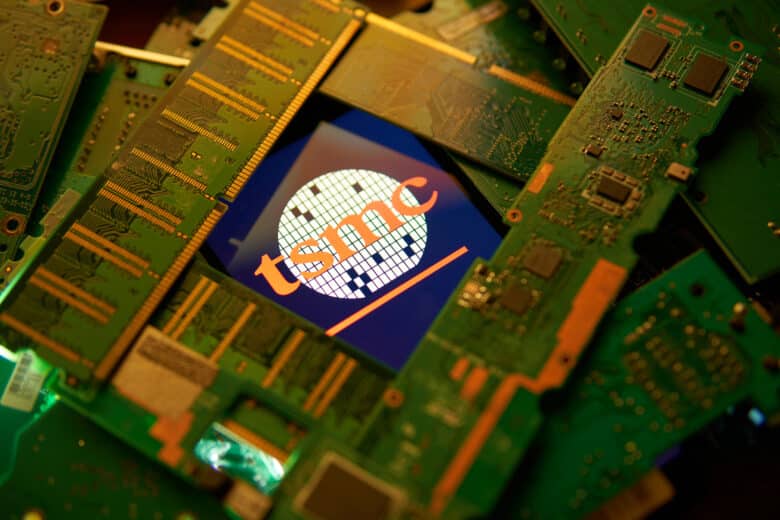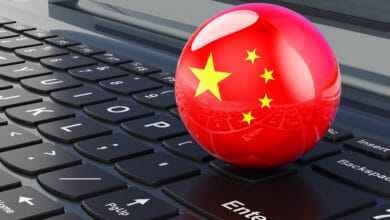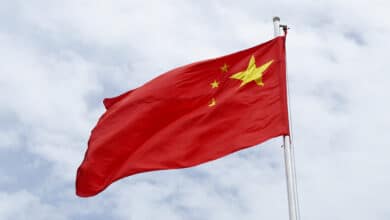
The conflict in Taiwan threatens to escalate further after the visit of US politician Nancy Pelosi. This could further exacerbate the global chip crisis. After all, two-thirds of the semiconductors produced globally are manufactured in Taiwan alone.
China is incensed after Pelosi visit
No sooner did Pelosi land in Taipei, the capital of Taiwan, than China began its threatening military gestures. Thus, the People’s Republic not only sent fighter jets. On top of that, the Middle Kingdom is now beginning military maneuvers off the island nation, as reported by Der Spiegel. Thus China would like apparently its supremacy in the region to prove. Also the words on the part of the Chinese foreign policy were accordingly sharp. For example, China’s Vice Foreign Minister Xie Feng called the visit a “serious provocation.” Now we can only hope that the words and threatening gestures will not be followed by action. A military confrontation in Taiwan would not only create an additional source of conflict on our already seething planet. In addition to the human suffering that would result, there would also be severe economic consequences for the entire globe.
Taiwan is number one semiconductor producer
The dangers for the entire world then become clear when one takes a look at Taiwan’s role in semiconductor manufacturing. For example, the island nation currently produces about two-thirds of the world’s total semiconductors. Should China put its military plan into action and actually occupy or block Taiwan, it threatens to reignite the global chip crisis. The extent of local semiconductor manufacturing is evident, among other things, from the gigantic sums of investment that Taiwan chip company TSMC is putting into building new factories. TSMC does not manufacture its semiconductor technology only for select companies. Rather, the company has customers all over the world. These include well-known tech companies such as AMD, Qualcomm, Intel and Apple. The company also produces its chip technology for the automotive industry.

The consequences a lockdown could have were already evident during the Corona pandemic. As a result of the lockdown measures, the already severe semiconductor shortage was namely even more severe and felt globally. Taiwan’s supremacy in the chip technology sector seems to be a thorn in China’s side. After all, the People’s Republic has invested massively in national semiconductor production in recent years. However, it will probably be years before the gigantic country could match Taiwan’s production volumes. So far, it still has to rely on Taiwan’s technology to produce its own goods. Accordingly, China would be cutting its own flesh with an attack on the independent island state. An annexation seems all the more likely.
The trend is toward self-sufficient semiconductor manufacturing
The negative consequences that dependencies such as these can have are currently being demonstrated more clearly than ever before by the war in Ukraine. To avoid the downside of globalization, countries are therefore increasingly turning to their own chip or semiconductor production. This is not only the case in China. In the USA and Europe, too, there are programs with the “Chips Act for America” and the “European Chips Act”, respectively, which are intended to ensure local semiconductor production. A famous example from Europe, or more precisely Germany, is Intel’s planned settlement in Magdeburg. For the chip factory, Intel has so far been able to secure subsidies of 6.8 billion euros from the federal government and the EU. Until these factories can produce, however, still some years will drag into the country. Until then, China has the workings of the global economy in its hands with its threats to annex Taiwan.
Solution for Taiwan not yet in sight
Should China back up its words with action and actually go for a blockade or annexation of Taiwan, it may be difficult for the West to respond appropriately. Economic sanctions, such as those currently being used as a weapon against Russia in the Ukraine war, are likely to be difficult to implement against China. After all, the West’s consumerism is based on exports from China. It doesn’t matter whether it’s cheap consumer electronics or clothing. A large proportion of everyday goods now come from China.




No replies yet
Neue Antworten laden...
Gehört zum Inventar
Beteilige dich an der Diskussion in der Basic Tutorials Community →